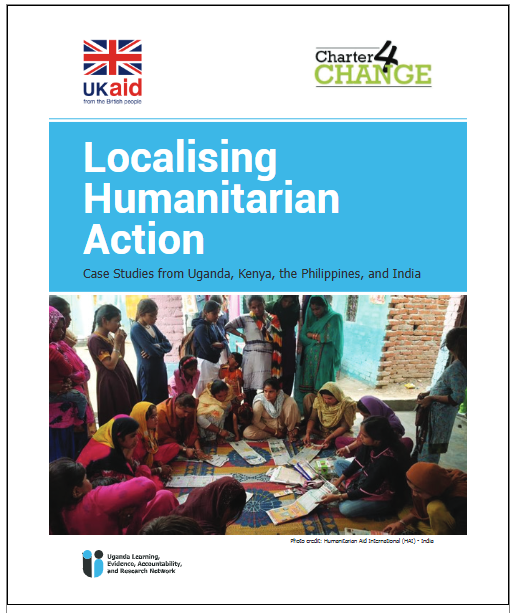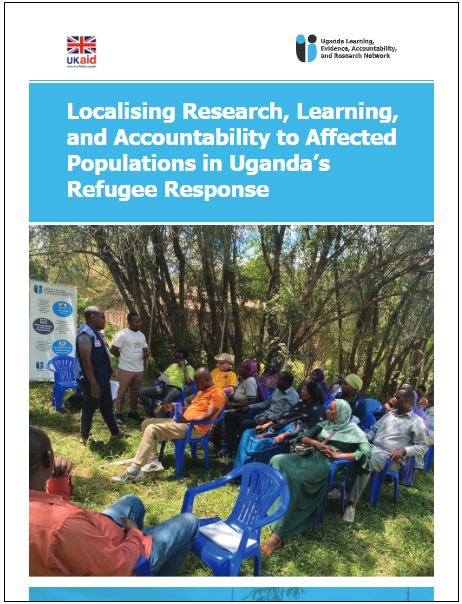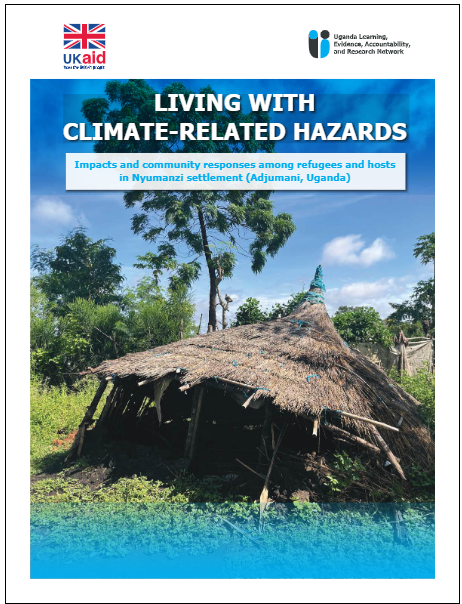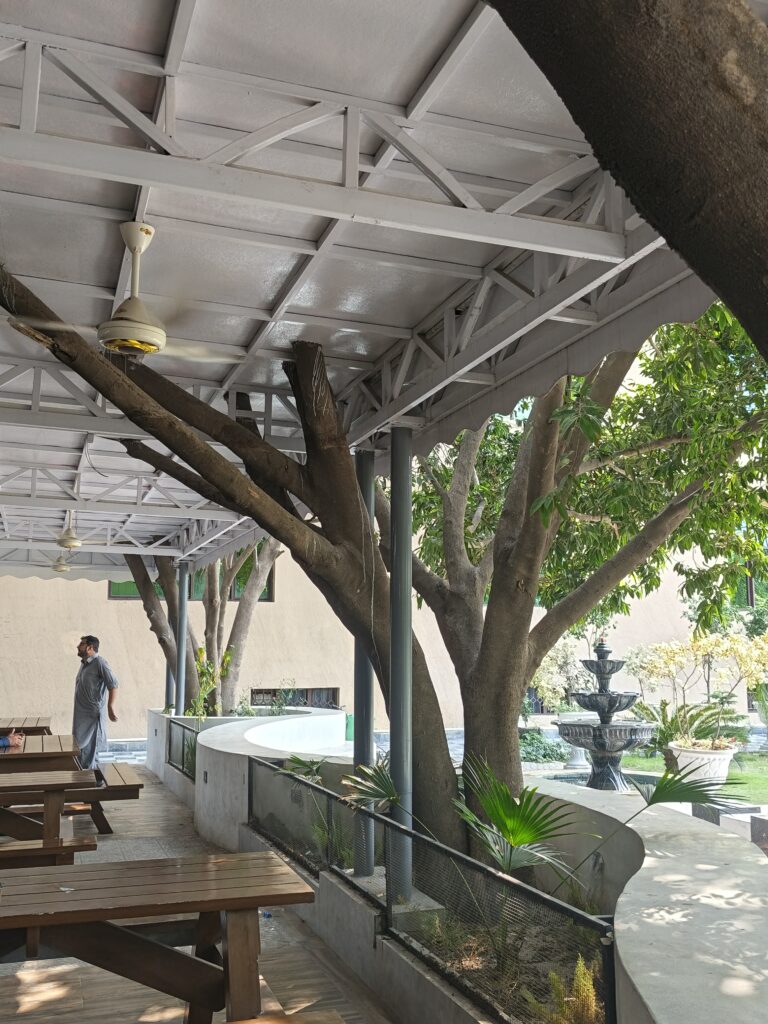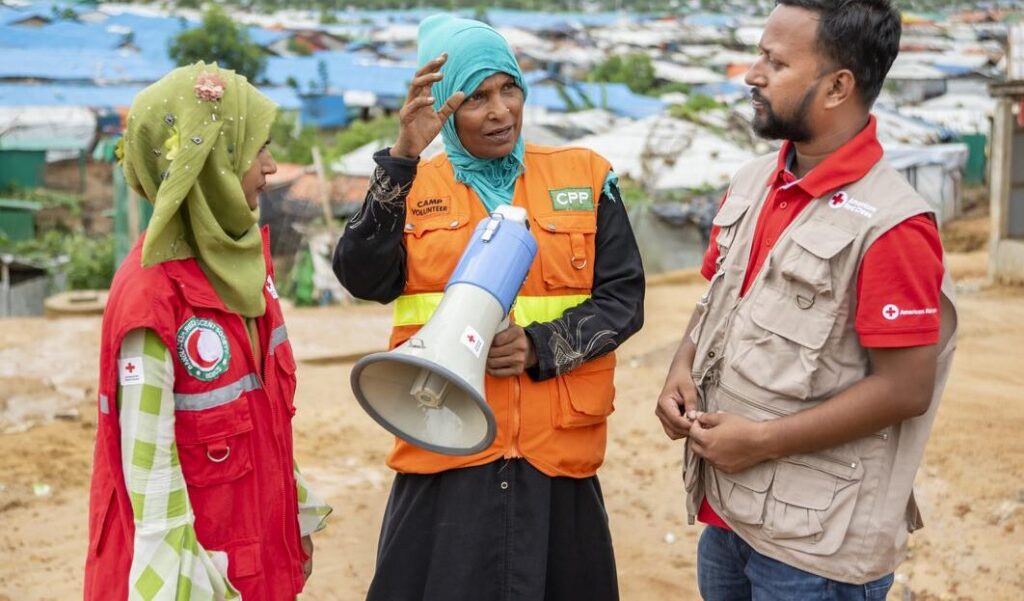Mainstreaming Accountability Culture in a Refugee Response Context
This spotlight piece highlights AAPA’s innovative approach, implementation process and achievements, and draws lessons to inform organisations aiming to achieve greater accountability to the populations they serve.
Mainstreaming Accountability Culture in a Refugee Response Context Read More »

